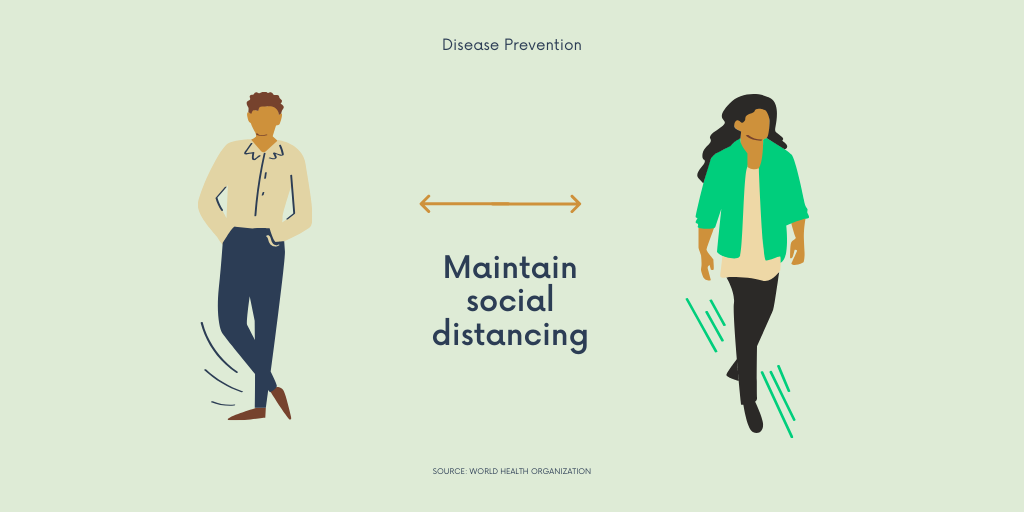
Introduction
Coronaviruses are human and animal pathogens. At the end of 2019, a novel coronavirus was identified as the cause of a cluster of pneumonia cases in Wuhan, a city in the Hubei Province of China. It rapidly spread, resulting in an epidemic throughout China, followed by an increasing number of cases in other countries throughout the world. In February 2020, the World Health Organization designated the disease COVID-19, which stands for coronavirus disease in 2019. The virus that causes COVID-19 is a severe acute respiratory syndrome coronavirus 2 (SARS-CoV-2); previously, it was referred to as 2019-nCoV.
Transmission
Understanding of the transmission risk is incomplete. Epidemiologic investigation in Wuhan at the beginning of the outbreak identified an initial association with a seafood market that sold live animals, where most patients had worked or visited and which was subsequently closed for disinfection. However, as the outbreak progressed, person-to-person spread became the main mode of transmission.

Incubation period
The incubation period for COVID-19 is thought to be within 14 days following exposure, with most cases occurring approximately four to five days after exposure.
In a study of 1099 patients with confirmed symptomatic COVID-19, the median incubation period was four days (interquartile range two to seven days).
Steps to Prevention
- Wash your hands frequently – Regularly and thoroughly clean your hands with an alcohol-based hand rub or wash them with soap and water.
- Maintain Social Distancing – Maintain at least 1 metre (3 feet) distance between yourself and anyone who is coughing or sneezing.
- Avoid Touching Eyes, Nose and Mouth – Hands touch many surfaces and can pick up viruses. Once contaminated, hands can transfer the virus to your eyes, nose or mouth.
- Seek Medical Care Early – If you have a fever, cough and difficulty breathing, seek medical care early. Stay home if you feel unwell. If you have a fever, cough and difficulty breathing, seek medical attention and call in advance.

WHO Health Alert for coronavirus launches on WhatsApp
To increase access to reliable information, WHO worked with WhatsApp and Facebook to launch a new WHO Health Alert messaging service. The WhatsApp-based service will provide vital information about COVID-19 to millions of people through their mobile phones. The services use an AI chatbot to provide updated information on the pandemic, including how to protect yourself, questions and answers, and the latest news and press coverage.
The Health Alert service is now available in English and will be introduced in other languages this coming week. This is part of WHO’s a wider initiative to work with technology companies to get accurate health information into the hands of people that need it at this critical time.
Most importantly, we hope that you and your family are safe and remain healthy.
